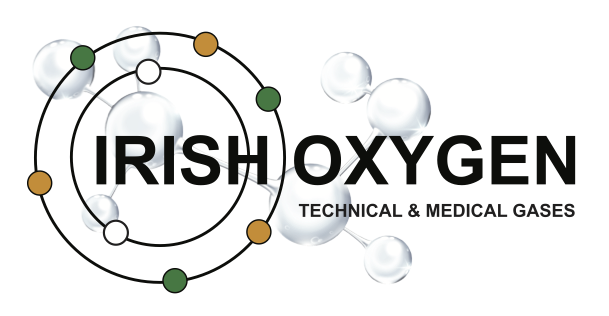pH control and neutralisation
The use of strong mineral acids to control pH in water treatment, not only risks potential overdosage that would result in pH dropping to very low values, but also introduces undesired chemical compounds (for example chloride compounds) into the water. The technology offered by SOL, which for this purpose uses CO2, supplied with purity and food usage certification comparable to that used in the carbonising of soft drinks, is a valid and increasingly popular alternative.
For example, coagulating compounds used to treat drinking water by removing suspended solids that make the water turbid, can increase the pH of the water up to values of about 9-10: for these chemical products to work properly, pH needs to be reduced to almost neutral. SOL supplies solutions adapted to the specific configurations of the customer’s plant, which control pH in safety by means of automatic systems.
The advantage of using CO2 is even more evident when aluminium needs to be removed from the water. This metal is highly soluble at pH values close to neutral, so it is necessary to carefully control pH in order to facilitate its removal: SOL technology for the use of CO2 makes this easy to achieve with minimal work required on the plant.
The neutralisation of alkaline discharges, for example washing water containing soda or line, is required when this water needs to be sent to a water tank or a biological plant. The traditional use of mineral acids (H2SO4 and HCl) results in a series of problems, such as the severe limitation on the content of sulphides and chlorides in water (resulting from neutralisation with sulphuric or hydrochloric acid), the high costs of maintaining and making safe plant handling mineral acids, the risk of hyper acidification due to incorrect dosage. SOL technology for using CO2 solves these problems. In fact the carbonates and bicarbonates resulting from the use of carbon dioxide do not pollute, and are not subject to discharge limits. CO2 is inert, non-corrosive and handling it entails no risks for the operator, while pH regulation is simple because, even with an incorrect dosage, there is no risk of hyper acidification.
